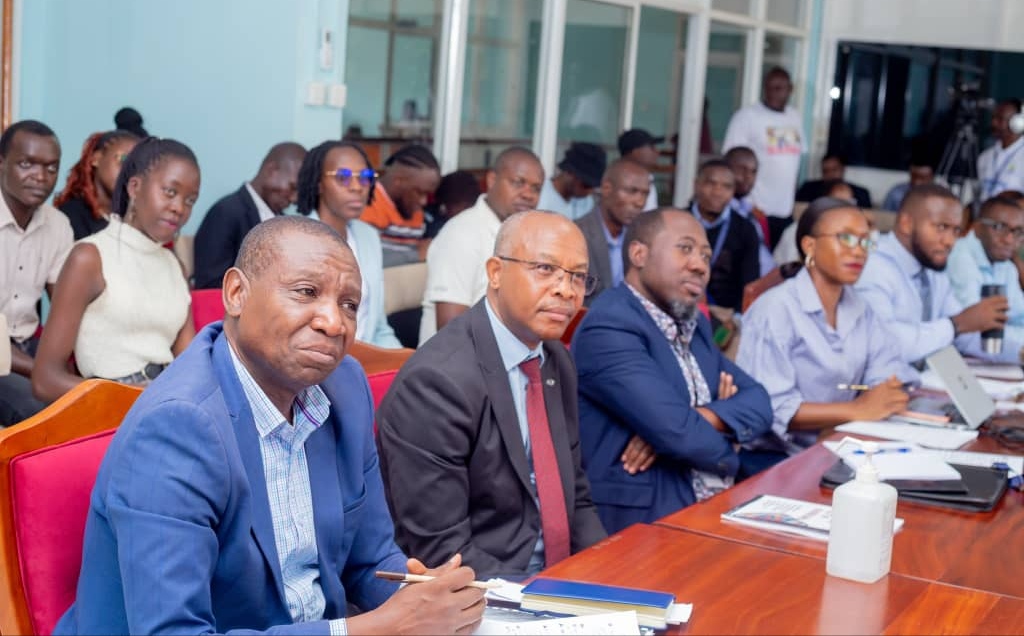In abid to speed up ICT innovations, The Ministry of ICT and National Guidance, in partnership with key stakeholders, has launched Uganda’s ICT Intellectual Property (IP) Guidelines.
Developed under the UJ-Connect initiative with support from the Japan International Cooperation Agency (JICA), the Ministry of Justice, Uganda Registration Services Bureau (URSB), KTA Advocates, and other key partners, the guidelines provide a structured framework for managing, owning, and monetising intellectual property in Uganda.
“The ICT IP Guidelines are designed to ignite innovation, promote adherence to best practices, regulate and safeguard intellectual property rights, and facilitate commercialisation to boost economic growth,” Commissioner Moses Watasa says.
Watasa stressed the importance of integrating ICT across various sectors while ensuring a robust legal framework to deter intellectual property rights violations.
“These guidelines provide a clear roadmap for innovators, particularly those developing ICT solutions for government and public use, to secure their creations and maximize their economic potential,” Watasa said.
According to Watasa the ministry plans to conduct nationwide workshops to equip innovators with the knowledge and tools needed to navigate the legal and commercial aspects of intellectual property.
“The launch of these guidelines is expected to foster a thriving innovation ecosystem, encourage the development of groundbreaking ICT solutions, and drive Uganda’s digital transformation and economic growt,” Watasa stressed.
He added that for innovators and stakeholders, this initiative presents a vital opportunity to safeguard their intellectual property while contributing to the nation’s technological advancement.
Uganda’s Information and Communications Technology (ICT) sector is growing quickly and is a key part of the country’s economy. The sector includes telecommunications, software, and hardware development and manufacturing.
Uganda’s journey toward achieving this potential will require robust ICT infrastructure, innovation, regulatory support, and an inclusive approach.
Workshop participants recommended targeted efforts to bridge the digital skills gap, including revising the Technical and Vocational Education and Training (TVET) curriculum, implementing strict regulatory frameworks, promoting disability inclusion, and fostering stakeholder collaboration to create a supportive environment nationally and internationally


